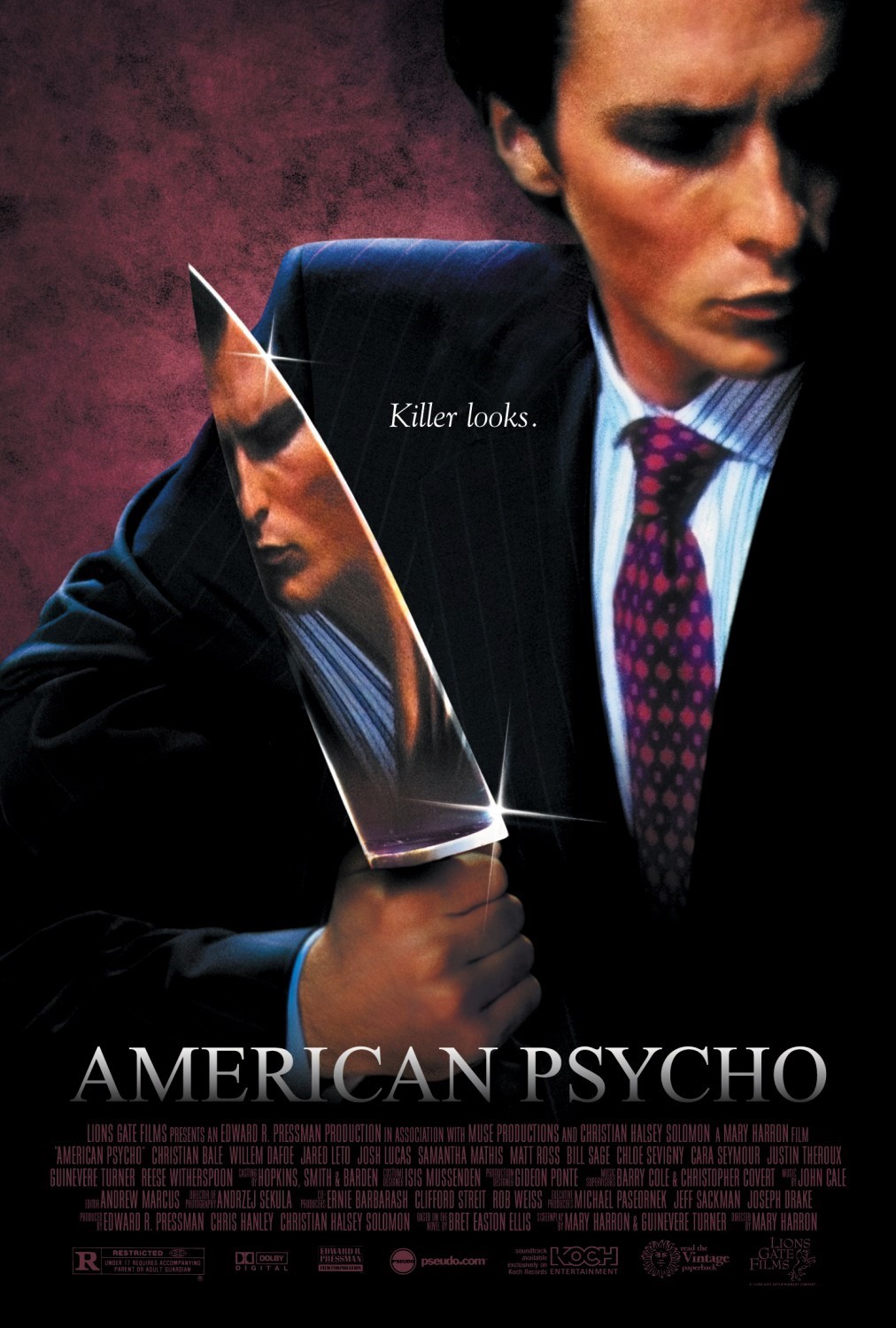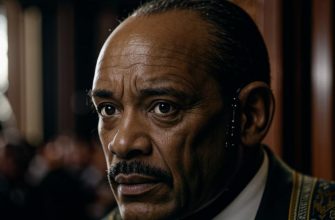Films About Consumerism
Films about consumerism explore the impact of consumer culture on society, individuals, and the environment. These films often critique the relentless pursuit of material goods, the influence of advertising, and the consequences of a consumption-driven lifestyle. Through various genres and storytelling techniques, they shed light on the complexities and challenges of living in a consumer-driven world.
Notable Films About Consumerism
“Fight Club”, 1999
Director: David Fincher
Directed by David Fincher, this film delves into the dark side of consumerism through the story of an insomniac office worker and a soap salesman who form an underground fight club. It critiques the empty pursuit of material possessions and the loss of individual identity in a consumerist society.
Starring: Edward Norton, Brad Pitt, Helena Bonham Carter, Meat Loaf, Zach Grenier, Holt McCallany, Jared Leto, Eion Bailey, Richmond Arquette, David Andrews;
Production year: 1999;
Genre: thriller, drama, crime;
MPAA rating: r;
Duration: 139 min.;
Rating: IMDB: 8,8;
“The Joneses”, 2010
Director: Derrick Borte

This satirical drama, directed by Derrick Borte, follows a seemingly perfect family that moves into a wealthy neighborhood with the hidden agenda of marketing high-end products to their neighbors. The film highlights the manipulative nature of consumer culture and the facade of the ideal lifestyle.
Starring: David Duchovny, Demi Moore, Amber Heard, Benjamin Hollingsworth, Gary Cole, Glenne Headly, Lauren Hutton, Chris Williams, Christine Evangelista, Robert Pralgo;
Production year: 2010;
Genre: drama, melodrama, comedy;
MPAA rating: r;
Duration: 96 min.;
Rating: IMDB: 6,4;
More information about the film “The Joneses” on the website imdb.com
“They Live”, 1988
Director: John Carpenter
Directed by John Carpenter, this sci-fi horror film follows a drifter who discovers that the elite ruling class are actually aliens who control humanity through subliminal messages in mass media and consumerism. It offers a chilling commentary on the power of advertising and the hidden forces behind consumer culture.
Starring: Roddy Piper, Keith David, Meg Foster, George «Buck» Flower, Peter Jason, Raymond St. Jacques, Jason Robards III, John Lawrence, Susan Barnes, Sy Richardson;
Production year: 1988;
Genre: horror, science fiction, action, thriller;
MPAA rating: r;
Duration: 94 min.;
Rating: IMDB: 7,2;
“The Truman Show”, 1998
Director: Peter Weir

Directed by Peter Weir, this film stars Jim Carrey as a man who unknowingly lives his entire life on a reality TV show. It explores themes of surveillance, media manipulation, and the commodification of human life, questioning the authenticity of a consumer-driven reality.
Starring: Jim Carrey, Laura Linney, Noah Emmerich, Natascha McElhone, Ed Harris, Holland Taylor, Brian Delate, Paul Giamatti, Harry Shearer, Philip Baker Hall;
Production year: 1998;
Genre: drama, comedy;
MPAA rating: pg;
Duration: 103 min.;
Rating: IMDB: 8,2;
More information about the film “The Truman Show” on the website imdb.com
“American Psycho”, 2000
Director: Mary Harron

Directed by Mary Harron, this film is a dark satire about a wealthy New York City investment banker who leads a double life as a serial killer. It critiques the superficiality, materialism, and moral decay of the consumerist elite in the 1980s.
Starring: Christian Bale, Willem Dafoe, Josh Lucas, Reese Witherspoon, Cara Seymour, Justin Theroux, Jared Leto, Chloë Sevigny, Samantha Mathis, Matt Ross;
Production year: 2000;
Genre: drama, crime, thriller;
MPAA rating: r;
Duration: 102 min.;
Rating: IMDB: 7,6;
More information about the film “American Psycho” on the website imdb.com
“The Corporation”, 2003
Director: Mark Achbar, Jennifer Abbott

This documentary, directed by Mark Achbar and Jennifer Abbott, examines the modern corporation's role in society, portraying it as a psychopathic entity driven solely by profit. It critiques corporate behavior and its pervasive influence on consumer culture and environmental degradation.
Starring: Mikela J. Mikael, Rob Beckwermert, Christopher Gora, Nina Jones, Richard Kopycinski, Karen Lam, Sean Lang, Bert Phillips, Diana Wilson, Jane Akre;
Production year: 2003;
Genre: documentary, history;
Duration: 145 min.;
Rating: IMDB: 8;
More information about the film “The Corporation” on the website imdb.com
“The Social Network”, 2010
Director: David Fincher

Directed by David Fincher, this film chronicles the creation of Facebook and the rise of social media. It examines how social media platforms capitalize on personal data and consumer behavior, highlighting the intersection of technology, entrepreneurship, and consumerism.
Starring: Jesse Eisenberg, Andrew Garfield, Justin Timberlake, Armie Hammer, Max Minghella, Rashida Jones, Brenda Song, Rooney Mara, Bryan Barter, Joseph Mazzello;
Production year: 2010;
Genre: drama, biography;
MPAA rating: pg13;
Duration: 120 min.;
Rating: IMDB: 7,8;
More information about the film “The Social Network” on the website imdb.com
“Minimalism: A Documentary About the Important Things”, 2015
Director: Matt D'Avella

Directed by Matt D'Avella, this documentary follows people who have rejected the American ideal that things bring happiness. It explores the minimalist movement as a response to the excesses of consumer culture, advocating for a simpler, more meaningful way of life.
Starring: Dan Harris, Ryan Nicodemus, Rick Hanson, Jesse Jacobs, Shannon Whitehead, Sam Harris, Juliet Schor, Patrick Rhone, Yarrow Kraner, Joshua Fields Millburn;
Production year: 2015;
Genre: documentary;
Duration: 78 min.;
Rating: IMDB: 6,6;
More information about the film “Minimalism: A Documentary About the Important Things” on the website imdb.com
These films provide a critical lens on consumerism, encouraging viewers to reflect on the pervasive influence of consumer culture and its implications for society and the environment.
In conclusion, films about consumerism provide a compelling lens through which audiences can examine the pervasive impact of materialism and capitalist culture on individuals and societies. Through a blend of satire, drama, and thought-provoking narratives, these films challenge viewers to reflect on their own consumer behaviors and the ethical implications of their choices. From the dystopian visions of unrestrained consumption to the personal stories of resistance and realization, the genre encourages a critical look at the ways in which consumerism shapes our identities, relationships, and societal values, ultimately urging a more mindful and sustainable approach to consumption.











